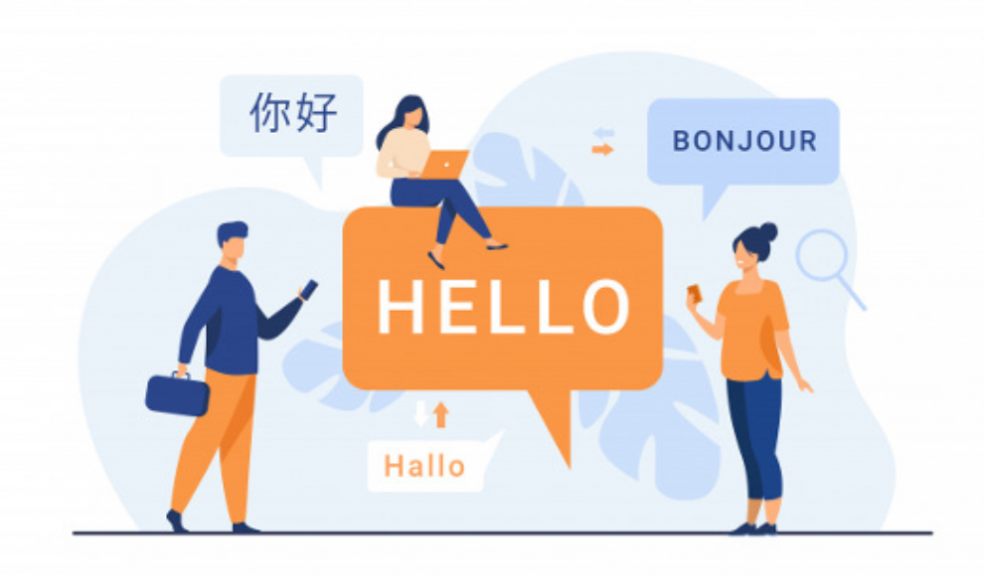
How Top Translation Companies Can Help Grow Your Business Internationally
In an age where content is king, global companies know that spending the extra time and money on localizing their content is paramount for their brand's success. Though with the proliferation of the internet and affordable international logistics, a small firm may find that their business has a global reach. For any firm with current business or aspirations to do business in a different country, knowing who the top translation companies are will improve the process of growing a brand in a different language.
We have compiled a brief list of some of the reasons to use a top translation company and what they can provide their clients. Because of the intricate nature of language, using a credible service will help avoid mistakes and errors; in this type of business, you get what you pay for!
Localize Content
Many are familiar with the infamous case study of Kentucky Fried Chicken in China from the Harvard Business Review. In short, KFC succeeded in China where competitor McDonald's did not because they localized their menu offerings and grew their business in smaller cities. The key takeaway from this case is that rather than educate a market on something foreign, tailor your product, service, or content to fit within the existing market framework.
In the digital age, this is where using a top translation company will pay dividends. Professional services will have staff on hand from the country you are looking to expand into and will be able to turn your content into something digestible by the new market. There is a chance your slogan or marketing messaging doesn't carry the same meaning when directly translated, and in a worst-case scenario, may have a culturally insensitive meaning. It is far better to stick with the professionals than risk ruining your brand image and equity.
Avoid Errors in the Details
Almost every language has regional dialects that have subtle differences from each other. A macro example would be the spelling differences between British and American English. On a micro level, using a word like "elevator" in marketing materials in the UK would immediately signify that little effort has been made to localize content and may hurt a brand's image.
These little details may seem petty, but this can have significant consequences in some regions of the world. For example, a professional marketer from Taiwan may speak Mandarin and know how to write in Simplified Chinese, but they will be unfamiliar with some of the nuance of Mainland China's many dialects. Given the political tension between Taiwan and Mainland China, using the wrong character in marketing copy could spell disaster for the brand and cause irreparable damage.
They say the devil is in the details, and top translation companies know the details. Companies large and small can benefit significantly from having professionally translated marketing content, corporate documents, and even something as forward-facing as brand name and logo. The risk of skimping on locally translated information is not worth the reward.



















